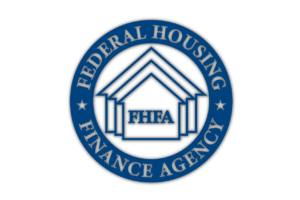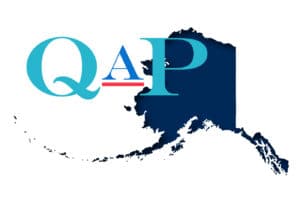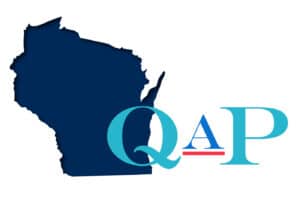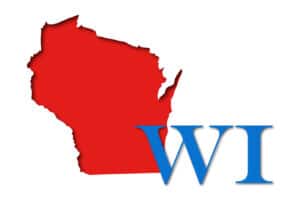Affordable Housing

JCHS Report: For Older Adults in Publicly Funded Housing During the Pandemic, Service Coordinators Help Build Resilience
A new report from the Joint Center for Housing Studies of Harvard University (JCHS) presents results from a survey conducted between June 23 and July 17, 2020 to explore the experiences of service coordinators during the early months of COVID-19.

JCHS to Release 2020 State of the Nation’s Housing Report Tomorrow
The Harvard Joint Center for Housing Studies will release its annual State of the Nation’s Housing Report on November 19 and host a release event from 4-5 p.m. ET.

JCHS: Common-Sense GSE Reform Recommendations for the Biden Administration
Don Layton authored a new paper with Harvard Joint Center for Housing Studies, What Should We Do with the GSEs? Common-Sense Reform Recommendations for the Biden Administration. Layton concludes that the new administration, if it is to successfully address the GSE question, must follow one of two possible paths in the next twelve to twenty-four months.

Harvard/AARP Report Finds Most Seniors Do Not Reside in Livable Communities
Most older Americans do not reside in livable communities, according to a joint report from the Harvard Joint Center on Housing Studies and the AARP Public Policy institute. The report said most seniors do not reside in places that score high on AARP’s Livability Index, which measures economic and social environments among other factors.

Will The GSEs Be Attractive Enough To Equity Investors For A Successful Recapitalization?
A new blog and paper by Don Layton with the Joint Center for Housing Studies of Harvard University explore whether the Federal Housing Finance Agency’s (FHFA) plans and actions are consistent with making the Fannie Mae and Freddie Mac (collectively, the Government Sponsored Enterprises or GSEs) attractive enough to equity investors, and – given the need to raise such unprecedentedly large amounts of equity – to do so globally and broadly.

Philadelphia Fed Updates Rental Housing Affordability Data Tool
The Federal Reserve Bank of Philadelphia updated its Rental Housing Affordability Data Tool for households in Pennsylvania, Delaware and New Jersey. The newly updated data suggest that housing insecurity was widespread among lower-income renters in the Third District even prior to the Coronavirus pandemic and the associated economic downturn.

Notice of Program Registration for Alaska’s SFY 2021 THHP
The Alaska Housing Finance Corporation (AHFC) is opening registration for the Teacher, Health Professional and Public Safety Housing Grant Program (THHP). Under this program, competitive funding may be available for new construction, rehabilitation or acquisition of public service professional rental housing in small communities.

Application Updates for Wisconsin’s Rural Affordable Workforce Housing Initiative
The Wisconsin Housing and Economic Development Authority (WHEDA) updated online information about the rural affordable workforce housing pilot to reflect community inquiries.

Workers Must Earn $19.56 to Afford Rent for a One-Bedroom; $23.96 for a Two-Bedroom
The National Low Income Housing Coalition released its annual Out of Reach report, which shows that even before the onset of the COVID-19 public health and economic crisis, millions of workers were struggling to afford their homes.

DC Council Votes to Extend Rent Control, Increases Affordable Housing Funds
The DC Council voted to approve the fiscal year 2021 budget, which includes a ten-year extension of DC’s rent control program and $9 million in additional funding for the Housing Production Trust Fund.

Bipartisan Policy Center Publishes Brief on Housing Assistance as a COVID-19 Priority
On June 12 the Bipartsan Policy Center published a new brief entitled “Housing Assistance is a COVID-19 Response and Racial Justice Priority.” The brief finds that the public health and economic crisis that COVID-19 triggered has put millions of low-income households at risk of eviction and homelessness and has widened racial disparities in housing and health outcomes.

WHEDA Schedules July 13 Webinar On New Rural Affordable Workforce Housing Initiative
Rural community leaders, employers, affordable housing providers, developers, lenders, planners, policy makers and residents are invited to learn more and provide final input prior to the launch of the competitive application process for the Wisconsin Housing and Economic Development Authority’s rural affordable workforce housing pilot.